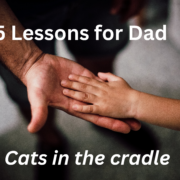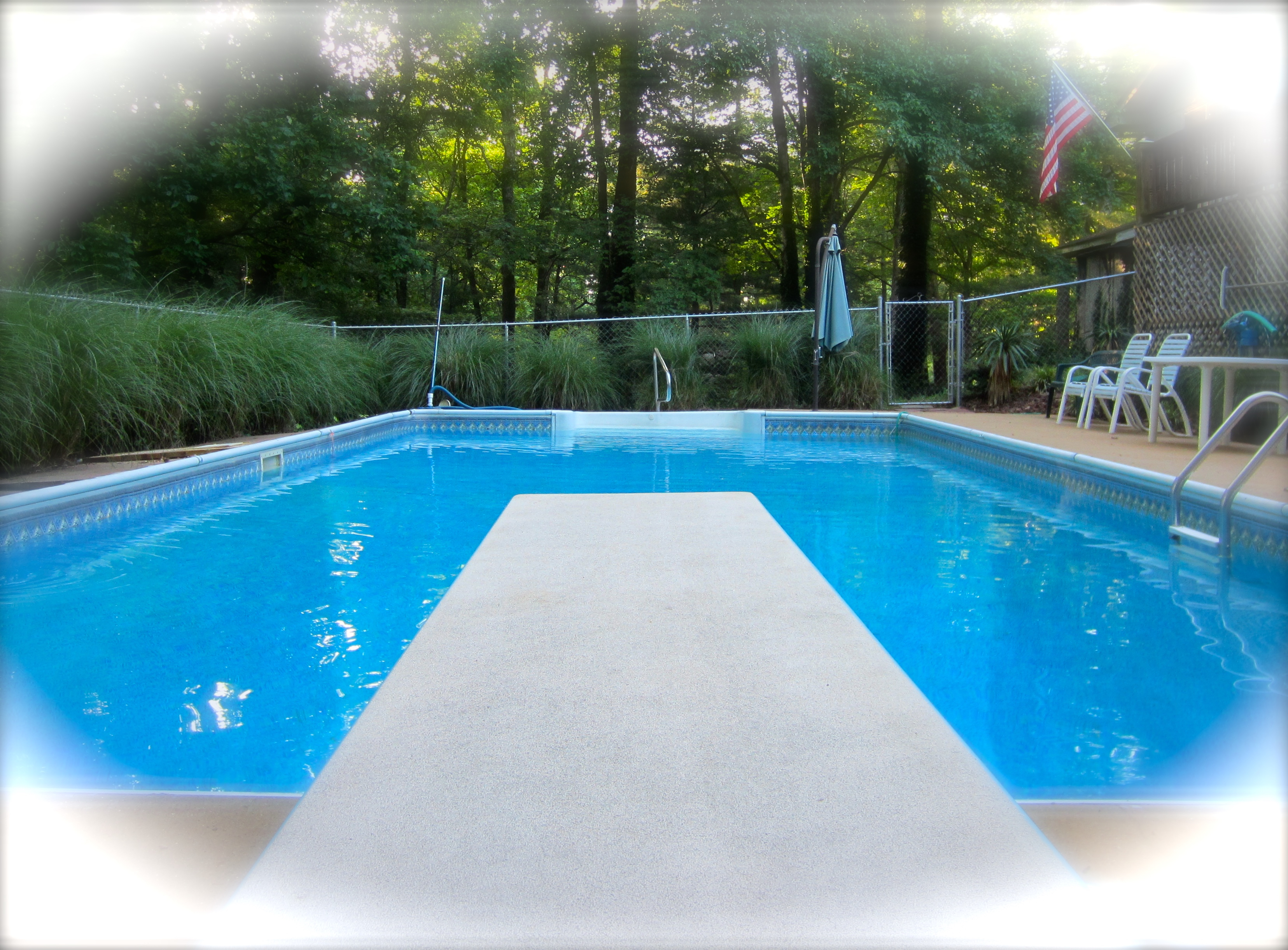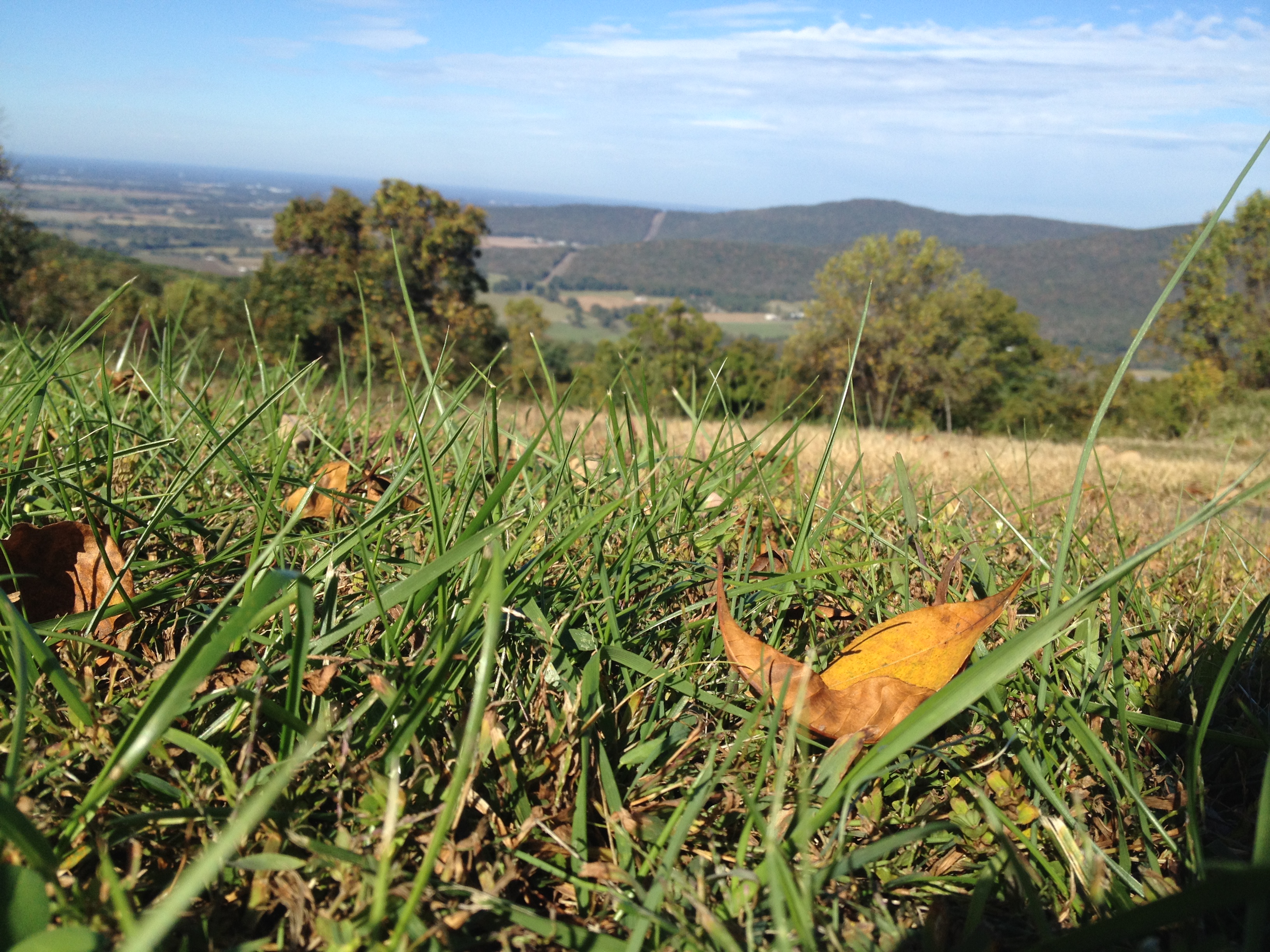Breathe in Awareness
I made a blunder when I hit the “publish” button rather than the “save draft” button on the last post. Some of you received an e-mail ready to read my post, only to get “Oops, this page couldn’t be found.”
I must confess another blunder several posts ago when I copied the wrong RSS feed and published another subscriber’s comment to everyone. I imagine some of you got unwanted email from me that day. This part of my apology is overdue. At the time, I spent a lot of energy with a tech from my e-mail service to figure out what I did wrong so it could be fixed right away. I was hoping you would overlook it at the time. Now I’m wondering that the combination of these blunders may be eroding the trust I’m trying to build with you.
You deserve quality content and utmost respect for your email inbox. I confess my inexperience and impulsivity. Please forgive me. I do want to assure you that I’m continuing to learn, and grow, and develop as I write and post.
With that, I’m taking a deep breath now. . .
This is the portion I intended to send.
Most of us have experienced certain conversations that require us to take in deep breaths of air. Whether the communication is personal or business related, we might experience a gasp of excitement or shock. Our bodies respond with involuntary rhythms of air through our lungs. Anticipation, dread, worry, fear, and energy are signals to the soul.
Perhaps it’s God’s way of getting our attention.
Not only particular conversations need deep breaths of air, but certain circumstances do. For example, I’ve experienced waves of anxiety where the walls of the room seemed to be closing in on me. Other symptoms like shallow breathing or sweaty palms can interfere in the moment.
Medical procedures usually trigger such responses. My breathing became shallow while sitting in the dentist chair as I anticipated a root canal procedure. Another time, during a yearly mammogram, I almost fainted because I forgot to breathe. It was so embarrassing!
Other than occasional moments of forgetting to breathe, most of us don’t even think about it. We’re able to take in a deep breath of air. . . . we can breathe in openness. . . we can breathe in courage . . . we can breathe in the air around us.
Breathing in air is so natural for most of us, isn’t it?
. . .unless we’re a newborn baby emerging from our mother’s womb gasping for our first.
. . . unless we’re on our deathbed, gasping for our last.
Everything in between birth and death is our substance for life: AIR.
May each of us breathe in the apologies that we need to make. . . the forgiveness we need to give. . . the learning curve we need to learn. . . the continued risk beyond our comfort. The breathing space between our birth and death are the choices we make.
Thank you for your patience. I’d love your feedback!





